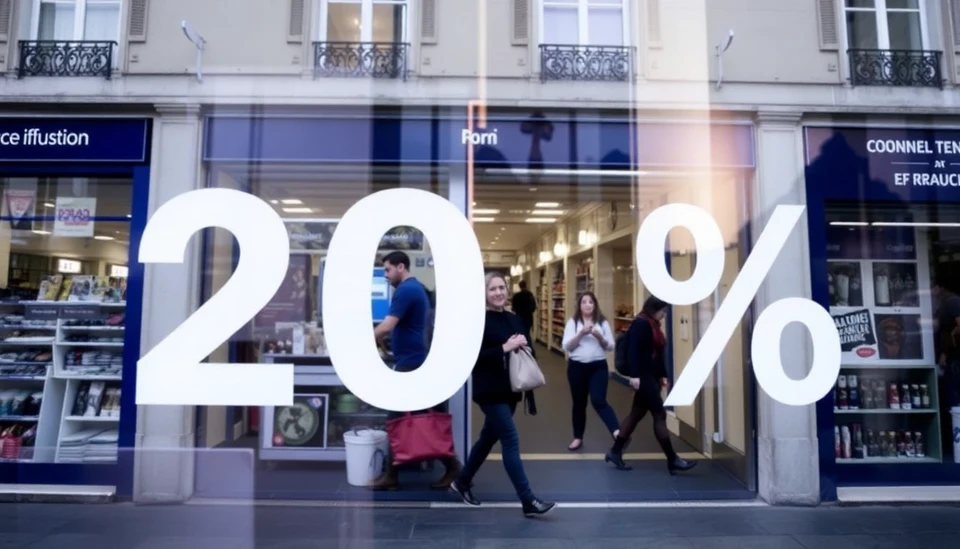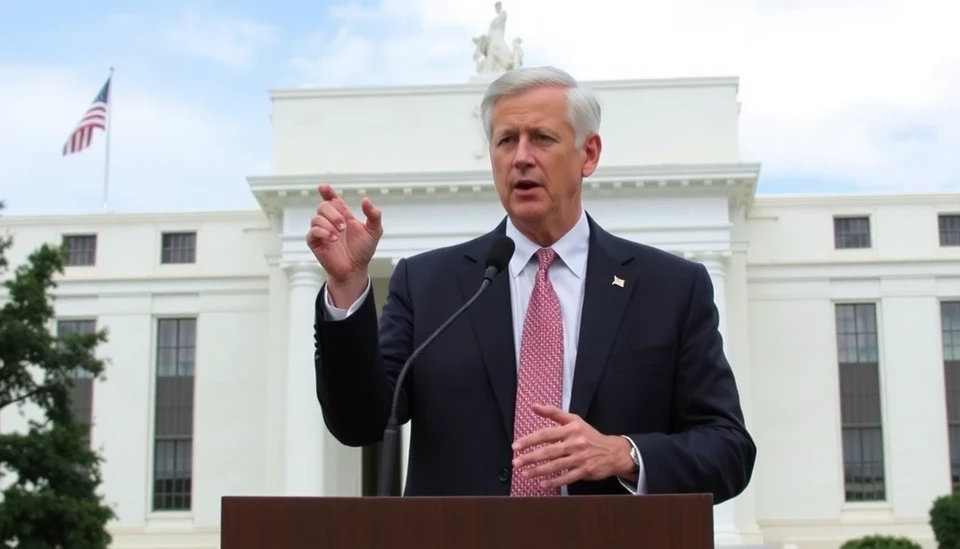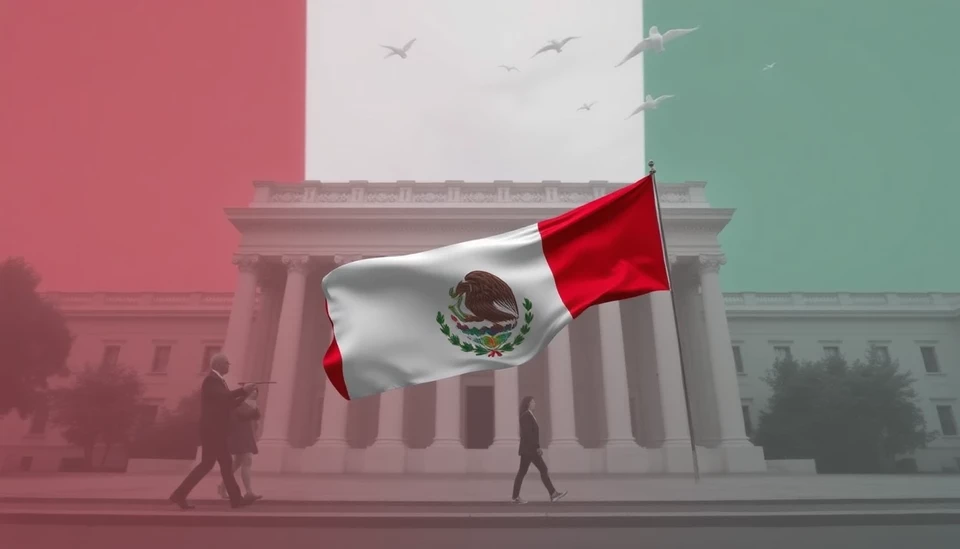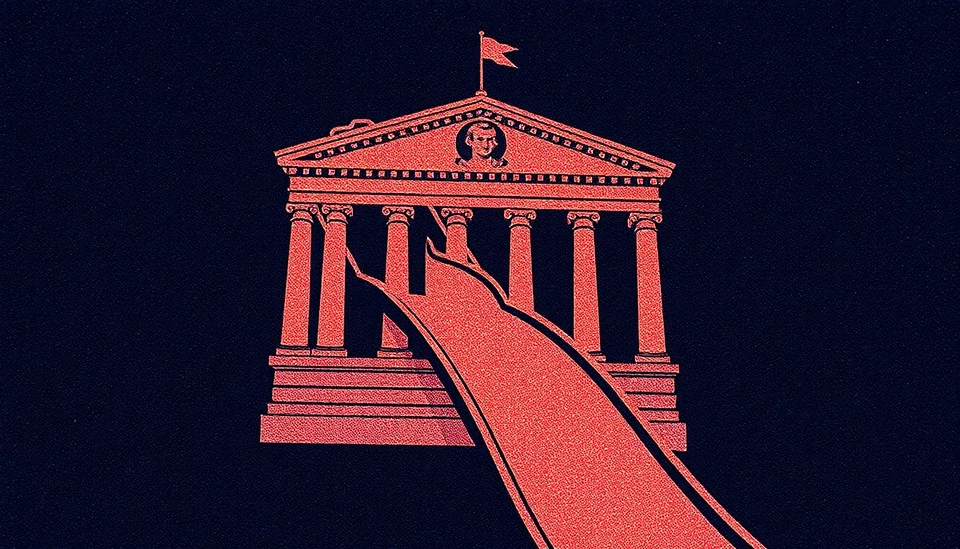
For the first time since 2021, France's inflation rate has finally dropped below 2%, which is a big achievement in economic history. This has turned out to be one of those important happenings in the French economy that may well signal a turning point after years of wrestling with higher rates of inflation. The latest figures, which were made public on September 27, 2024, have sent ripples across financial markets and government policies.
According to INSEE, the inflation rate of France slowed to 1.9% this September from 2.1% the previous month. This fall was quite unexpected and is said to be due to several favorable coincidences: a drop in energy prices and stabilization of supply chains. The analysts sounded upbeat, suggesting this could turn around the cost of living for the denizens of France and provide some relief to the struggling businesses.
Economic experts think that this depression in inflation may hurt the policies at the European Central Bank. The ECB has been keenly observing the oscillations in inflation throughout the eurozone and may now try to revisit the monetary policy rate currently in place. If this becomes a sustained status quo, then the low inflation could lead the ECB to reassess its next steps toward stimulus for the greater European economy.
The French government has cautiously welcomed the news. Finance Minister Bruno Le Maire said, "This is a good news for our economy. Lower inflation means increased purchasing power of our citizens and can help in sustaining economic growth." But he also warned that global uncertainties, such as geopolitical tensions and possible supply chain disruptions, may still pose risks to low inflation.
Businesses across France have also welcomed the news. Lower inflation could mean lower costs of goods and services, which in turn may help increase consumer spending and expansion efforts. "The decline in inflation is a breath of fresh air for the financial sector," said Philippe Brassac, chief executive officer of Crédit Agricole. "It will probably lighten the burden of finance on both enterprises and consumers."
Some economists remain more circumspect, though, highlighting that while the immediate prospects are bright, this is the result of hard graft and will continue to require tremendous effort if longer-term stability is to be assured. Some of the other factors likely to influence future inflationary pressures include wage growth, commodity prices, and fiscal policies.
The market's reaction has been mixed but generally upbeat. Since the announcement, the French stock market was up rather mildly; sectors such as consumer goods and retail have shown remarkable improvement. Investors are keeping a close eye on forthcoming economic data to judge just how durable this low-inflation trend will be.
This record low inflation is a milestone for France, one that could set a precedent for future economic strategies and policies. The policy makers and major stakeholders will thus be keenly watching the ripple effects this development brings to the nation as it tries to sail through this new economic landscape.
#Inflation #France #Economy #EuropeanCentralBank #Finance #FrenchEconomy #EconomicGrowth #ConsumerPrices
Author: Daniel Foster




